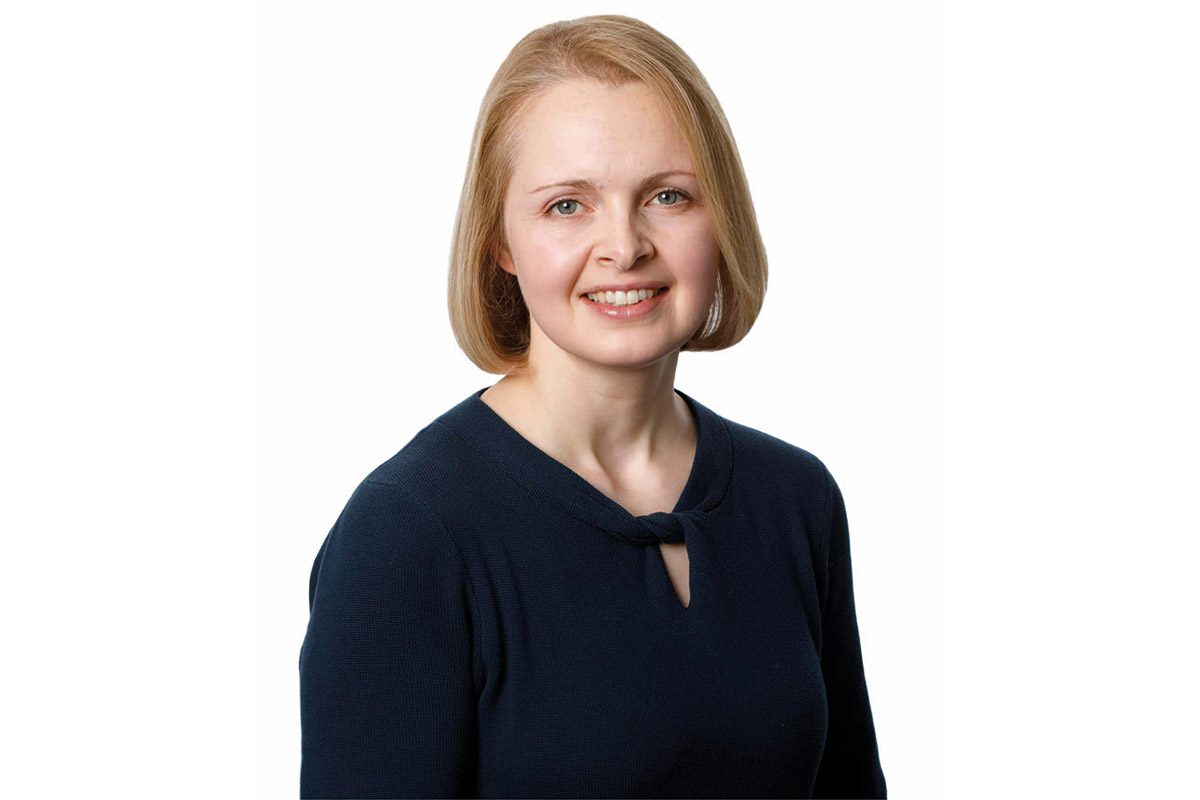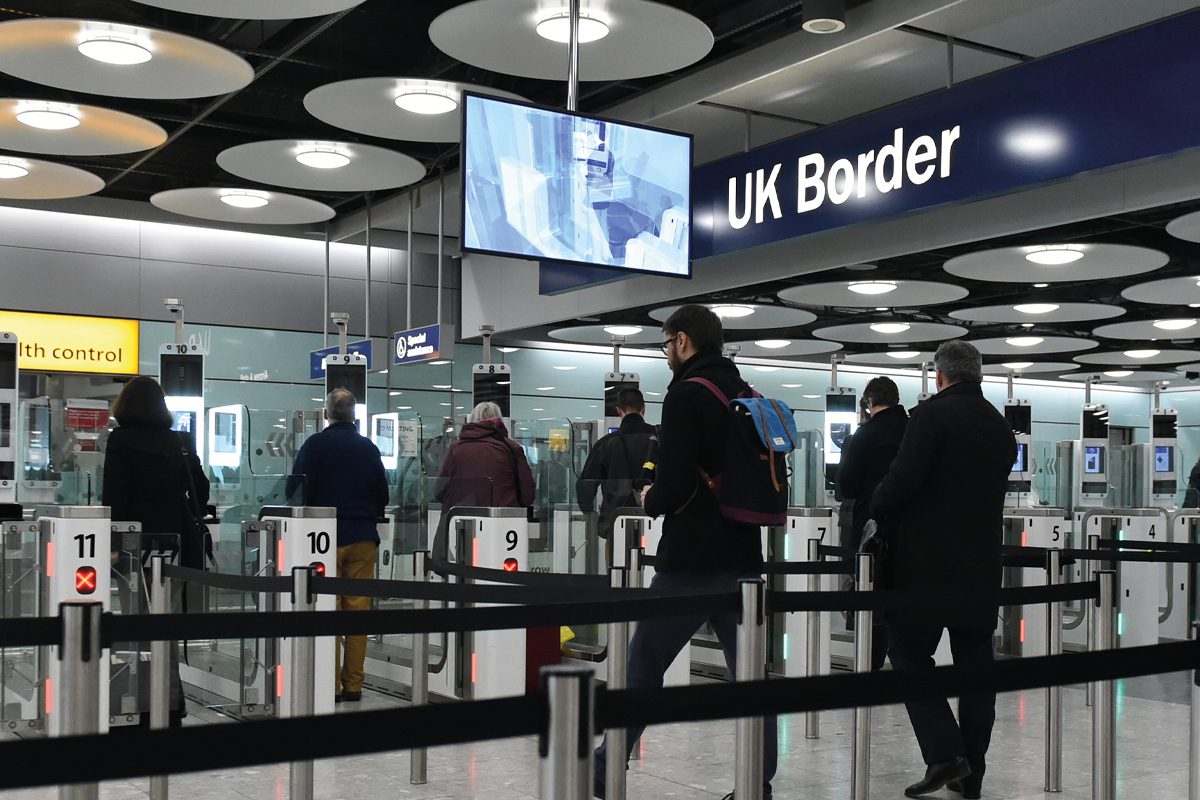SSP amendments and their effect on businesses

by Laura Morrison
Laura Morrison is a senior practice development lawyer at Dentons.
What were the first COVID-19 related changes to the statutory sick pay regime?
The government has amended the statutory sick pay (SSP) regime numerous times since March 2020. The first changes ensured anyone exhibiting COVID-19 symptoms was eligible for SSP from day one of their absence (normally there is a three-day waiting period). The government also introduced a scheme to reimburse the cost of any SSP that small employers (those with fewer than 250 employees) pay to employees off work with COVID-19 symptoms for the first 14 days of sickness.
Someone in my employee’s ‘bubble’ has COVID-19 symptoms. Is my employee entitled to SSP?
An adult who lives alone, or only with children under 18, is able to form a “bubble” or “extended” household with another household of any size. The “bubble” can behave like one household. But what happens if someone in an extended household develops COVID-19 symptoms? All individuals in the extended household must self-isolate in accordance with government guidance.
The government changed the SSP rules so that individuals self-isolating in this situation will be entitled to SSP (if they cannot work from home) even if they have no symptoms. This is an extension to the SSP rules; previously it was only payable where an individual was living in the same household as a person with symptoms. SSP entitlement will cease if the person with symptoms tests negative for COVID-19.
Are employees who were shielding still entitled to SSP?
For those who are shielding, and cannot work from home, the government introduced flexibility in the rules to allow them to qualify.
As things stand, the Scottish Government hopes to pause shielding from 1 August. At that point, the individuals will no longer be eligible for SSP simply because they are shielding. However, if the Scottish Government re-introduces shielding in the future, employees advised to shield will be entitled to SSP again for any new period of shielding.
Are employees who are told to self-isolate by the Test and Protect scheme entitled to SSP?
Yes. The UK government amended the SSP rules in May. If a contact tracer from the Test and Protect scheme notifies an employee that they have been in contact with someone who has tested positive for COVID-19, that employee will be eligible for SSP while they self-isolate (if they cannot work from home).
One of my employees has just returned from abroad and must self-isolate for 14 days. Are they entitled to SSP?
No. If an employee visits a country that is not on the list of countries exempt from the self-isolation requirements, they must self-isolate for 14 days on their return. They are not entitled to SSP for this period.

What records do I need to keep?
Employers should keep records of SSP payments, to meet HMRC requirements, for three years. Records include:
• the reason why an employee could not work;
• details of each period when they could not work, including start and end dates;
• details of the SSP qualifying days when the employee could not work; and
• national insurance numbers of all employees to whom the employer has paid SSP.
• Information contained in this article is correct as the law stands on 22 July 2020. This is, however, a constantly evolving situation across the globe and specific advice and guidance should be sought as required.
Do you have a business, property or legal question or issue that you would like to know more about?
Contact Scottish Grocer and we’ll put it to an expert. Call Matthew Lynas on 0141 567 6074 or email matthew.lynas@peeblesmedia.com




















